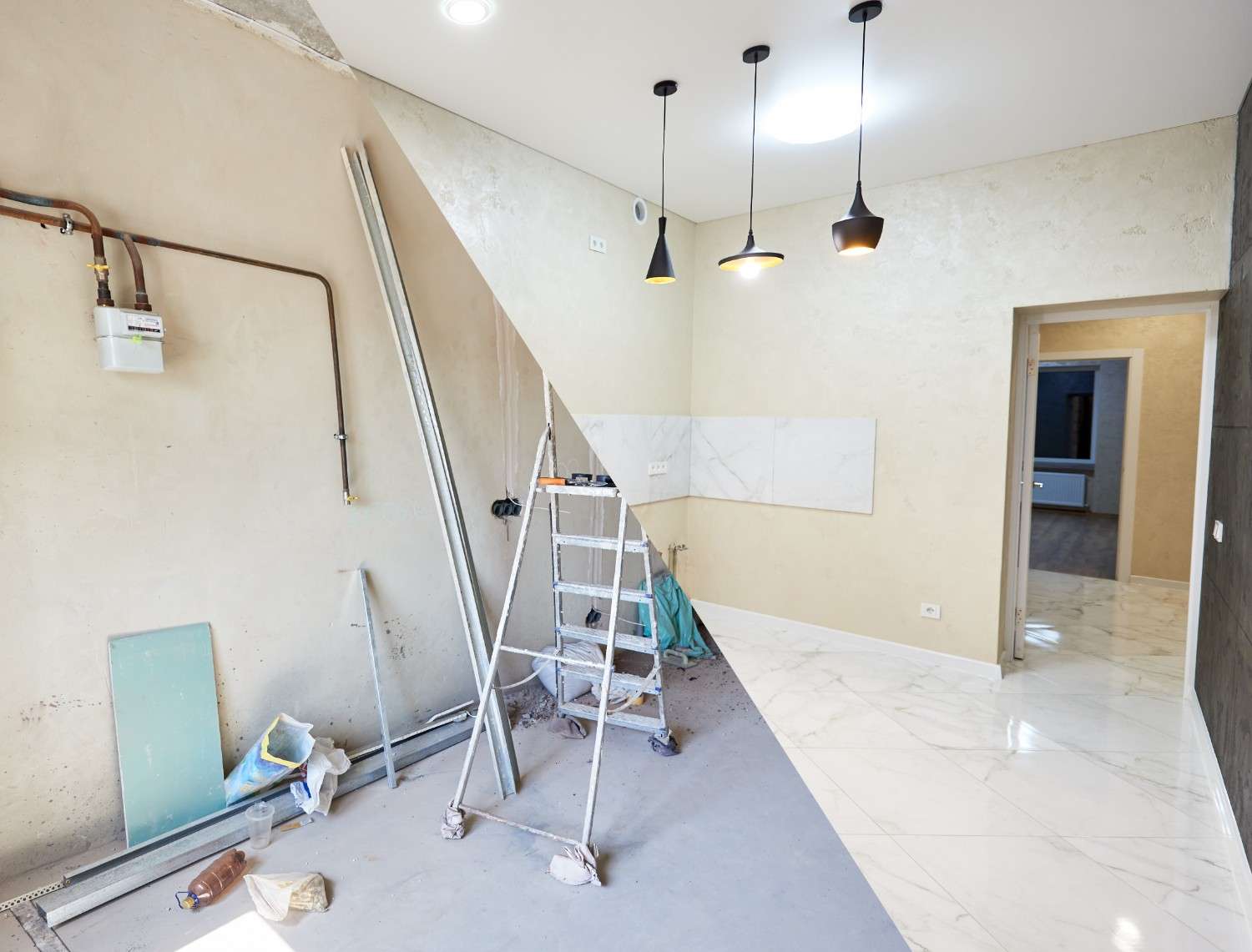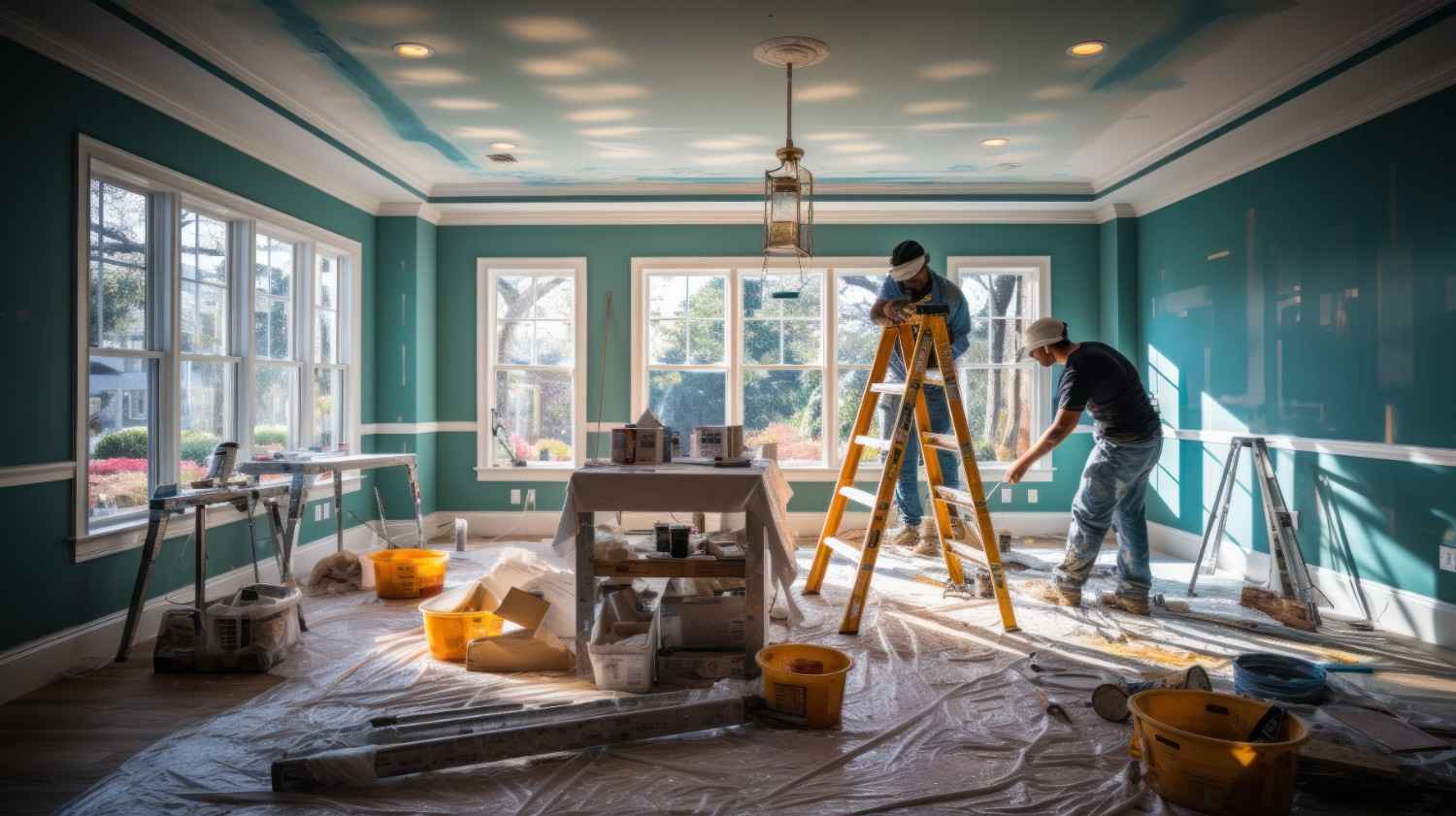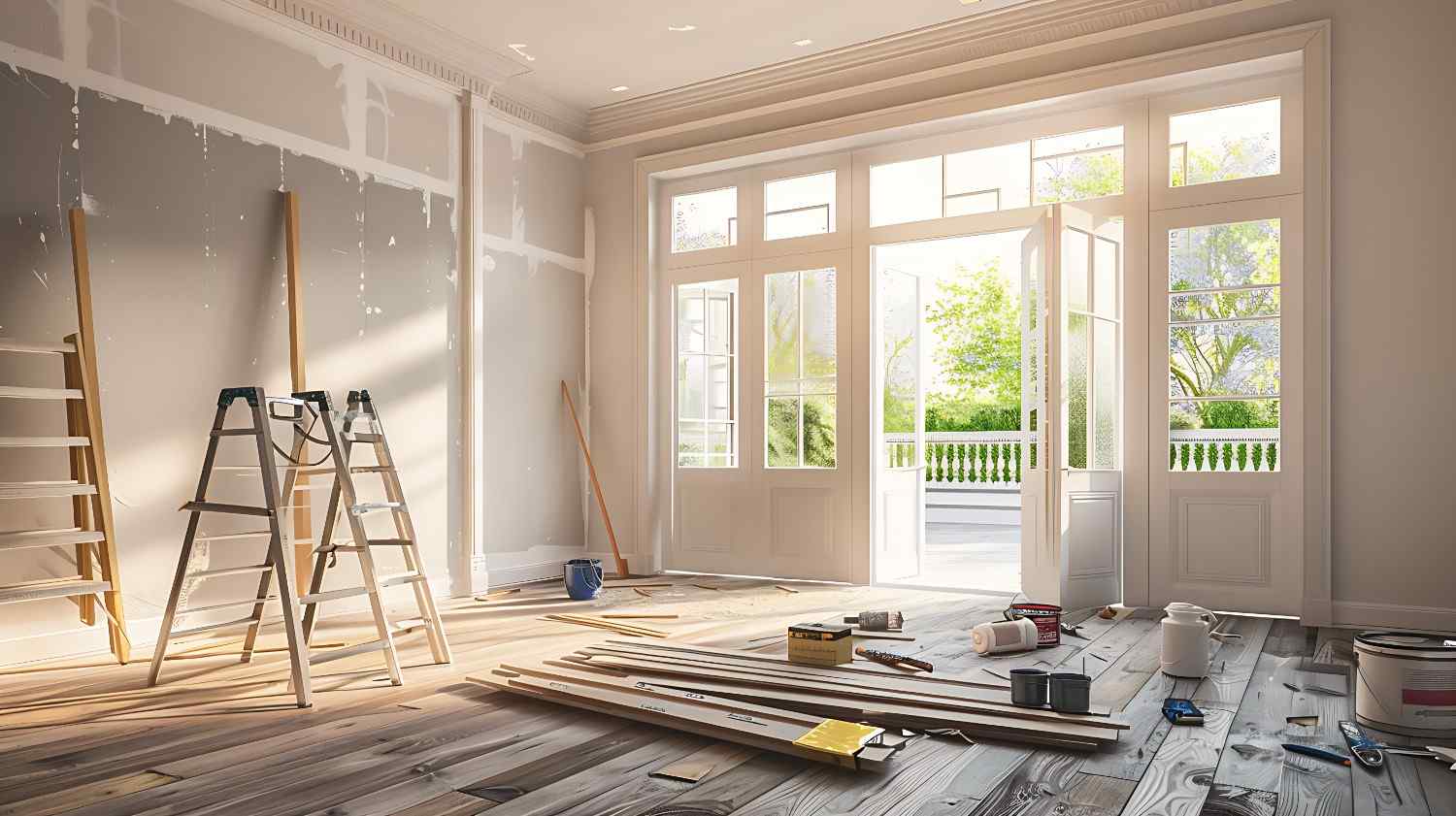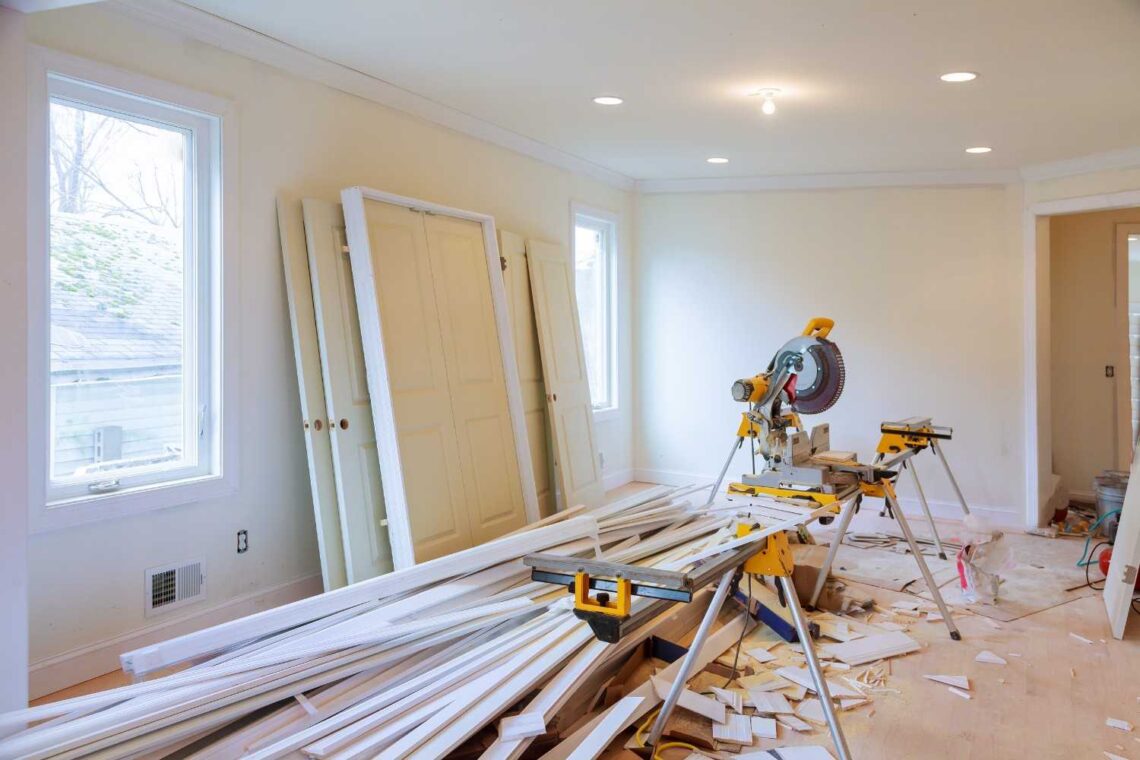I’ll admit it—I’ve been guilty of jumping into a renovation project with more enthusiasm than planning. Last year, I thought repainting my living room would be a quick weekend project. Instead, it turned into a month-long saga involving mismatched paint swatches, a half-finished accent wall, and a lot of stress. That’s when I started researching practical renovation tips Decoradhouse experts recommend, and it changed everything. With the right approach, you can save money, reduce stress, and actually enjoy the process.
In this post, I’ll share actionable advice that helps homeowners avoid common mistakes, while making the most of their space and budget.
Why Should You Plan Your Renovation Before Starting?
Planning is often the difference between a smooth renovation and a nightmare. Too many people start with a vague idea—like “I want a modern kitchen”—without knowing the costs, timeline, or layout limitations.
Start with these basics:
- Create a realistic budget, then add 10–15% for unexpected costs.
- Prioritize projects by necessity and impact. For example, fixing structural issues before cosmetic upgrades.
- Sketch or digitally map your design ideas so you can visualize the changes.
Proper planning keeps you grounded and avoids impulse decisions that can throw off your entire project.

What Are the Best Budget-Friendly Renovation Tips?
Not every renovation has to cost thousands. Simple, strategic updates can make your home feel brand new.
- Paint wisely: Neutral tones keep spaces versatile while bold accents add personality.
- Upgrade hardware: Swapping old cabinet handles or faucets can refresh a kitchen or bathroom instantly.
- Use lighting strategically: Layered lighting with a mix of ceiling, task, and accent lights improves both mood and functionality.
Budget doesn’t have to mean boring—it’s about choosing upgrades with maximum visual payoff for minimal cost.
How Can You Maximize Space During Renovation?
Space optimization is one of the most underrated renovation tips Decoradhouse professionals highlight. Whether you’re working with a small apartment or a larger house, the way you design your layout matters.
- Use multifunctional furniture like storage beds or foldable tables.
- Build vertical storage with floating shelves and tall cabinets.
- Remove unnecessary partitions to create an open-concept flow.
Renovation isn’t only about making things look nice—it’s about making spaces more functional and livable.

Should You Hire Professionals or DIY?
This question comes up in almost every renovation project. The short answer: it depends on your skill level and the complexity of the project.
- DIY works best for painting, simple fixture installations, and cosmetic updates.
- Professionals are essential for electrical work, plumbing, and structural changes where safety and codes matter.
Sometimes, blending both approaches saves money while ensuring quality results. For example, you might handle the demolition and finishing touches while hiring experts for the technical work.
How to Keep Renovations Eco-Friendly?
Green renovations are growing in popularity, and they save money in the long run. Consider these steps:
- Install energy-efficient windows and insulation to reduce heating and cooling costs.
- Choose sustainable materials like bamboo flooring or recycled tiles.
- Use low-VOC paints to improve indoor air quality.
Eco-friendly upgrades add long-term value and make your home healthier for you and your family.

FAQs About Renovation Tips Decoradhouse
1. How do I start a renovation without getting overwhelmed?
Begin with one room or project at a time. Break the process into small steps: planning, budgeting, design, and execution. Don’t try to tackle the entire house at once.
2. What is the biggest mistake homeowners make during renovations?
The most common mistake is underestimating costs and timelines. Always budget extra time and money for unexpected challenges.
3. Can small renovations increase my home’s resale value?
Absolutely. Simple updates like fresh paint, modern lighting, or a bathroom facelift can significantly boost your home’s appeal and resale value.
4. How long should a typical renovation take?
It varies. A bathroom remodel might take 3–4 weeks, while a full kitchen upgrade could take 2–3 months. Always confirm timelines with contractors before starting.
Final Thoughts: Making Renovation a Rewarding Journey
Renovations don’t have to be overwhelming or financially draining. By applying renovation tips Decoradhouse homeowners swear by—like planning carefully, budgeting wisely, and focusing on function as much as style—you can turn your home into a space that feels both fresh and timeless.
Remember, the goal isn’t just to follow trends but to create a home that reflects your lifestyle and values. Whether it’s a single room upgrade or a full house transformation, the right mindset and preparation will keep your project on track and rewarding.









